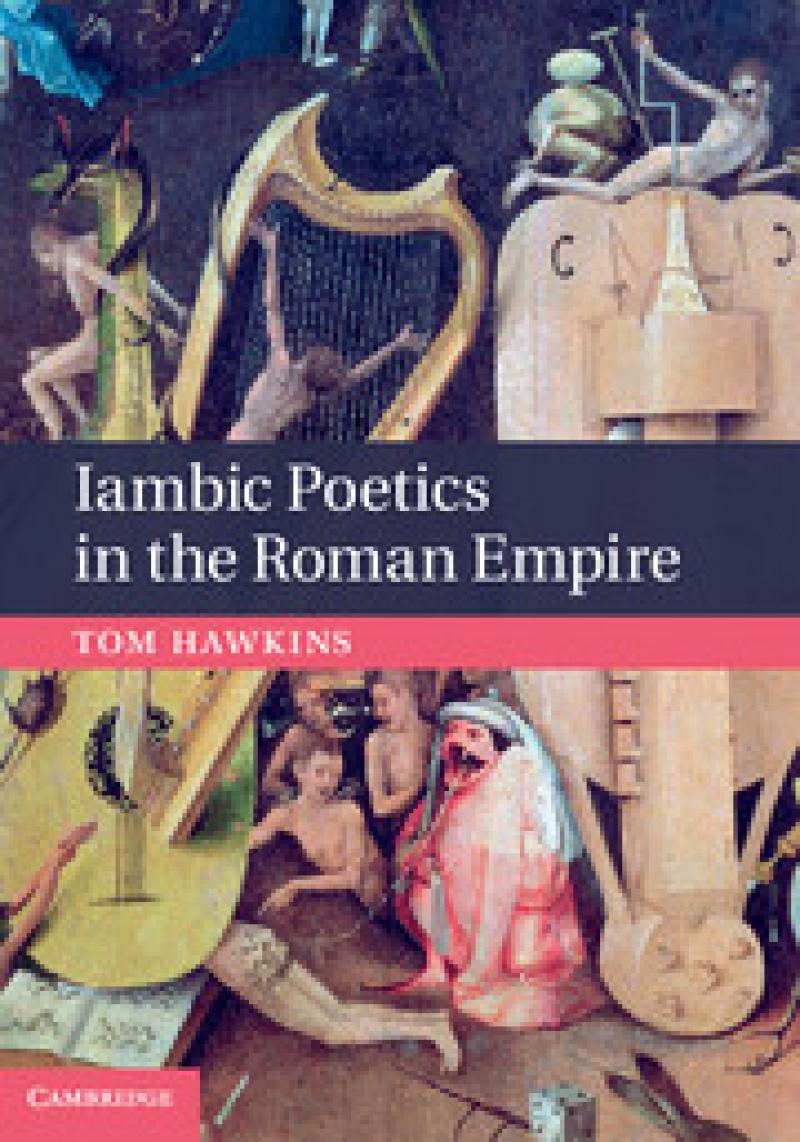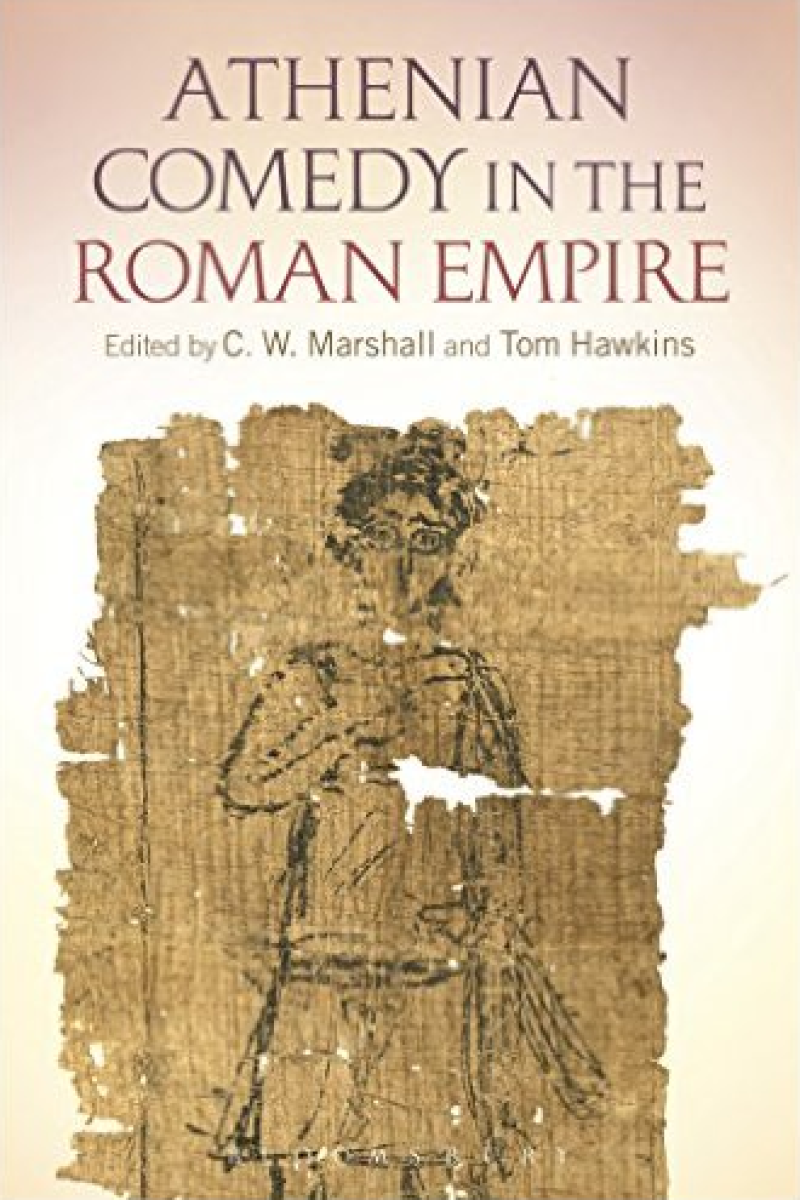Tom Hawkins
Contact Information
Associate Professor of Classics, Director of Graduate Studies
Areas of Expertise
- Iambic invective
- Imperial Greek literature
- Greek poetry
Education
- A.B., Stanford, 1994
- B.S., Stanford, (Environmental Engineering), 1994
- M.A., UC Santa Barbara, 1997
- Ph.D., Stanford, 2003
I am interested in the various ways that societies create social hierarchies and how the lower ends of those hierarchies interact with the higher. I study this topic from two complementary perspectives – traditional classical scholarship dealing with ancient Greece and Rome, and projects that interrogate the classical legacy in modern contexts. My early articles and first book, Iambic Poetics in the Roman Empire (Cambridge 2014), focus on the ways that elite authors use low-register verbal abuse as a rhetorical position to negotiate relationships within their communities. My next book project, preliminarily titled The Beautiful Ugly, investigates the intersection of verbal and bodily rhetoric as a key constituent in community-formation. This study draws upon recent studies of disgust by psychologists, legal experts and evolutionary biologists in order reveal the ways in which classical societies articulated a social order in large part through the discourse about ugly bodies. I am also engaged in projects that situate classics in our global community. Works in progress on adaptations of Greek tragedy in Haiti, Mali and along the California-Mexico border aim to show that Classics need not be tethered to traditions of Western hegemony but can, in fact, serve as a modern discourse of innovation, resistance and progress. In the wake of the genomic revolution we are moving toward new understandings of humanity, particularly in terms of our involvement in ecosystems, notions of personhood and the relationship between human and non-human animals. As we stand on the cusp of what many are now calling the anthropocene era, Classics has the opportunity to influence new patterns of thought by emphasizing the rhetorical traditions of civic discourse and ethically engaged citizenship as a means of navigating conflict and building informed public consensus.
Books


Recent Articles
“Bupalus in Scheria: Hipponax’s Odyssean Transcontextualizations,” in L. Swift and C. Carey, eds., Greek Iambus and Elegy: New Approaches. Oxford, 2014.
“The Underwood of Satire: Re-reading Horace’s Epodes through Ovid’s Ibis,” in P. Bather and C. Stocks, eds., Ego Primus Ostendi Latio: Re-Evaluating Horace’s Epodes. Oxford, 2014.
“Splitting the Inheritance of Spite,” in J. M. Gonzalez, ed., Diachrony: Diachronic Aspects of Ancient Greek Literature and Culture. De Gruyter, 2013. (click here to read on Academia.edu)
“Jester for a Day; Master for the Year,” Archiv für Religionsgeschichte 13 (2012) 161-74. (click here to read on Academia.edu)
